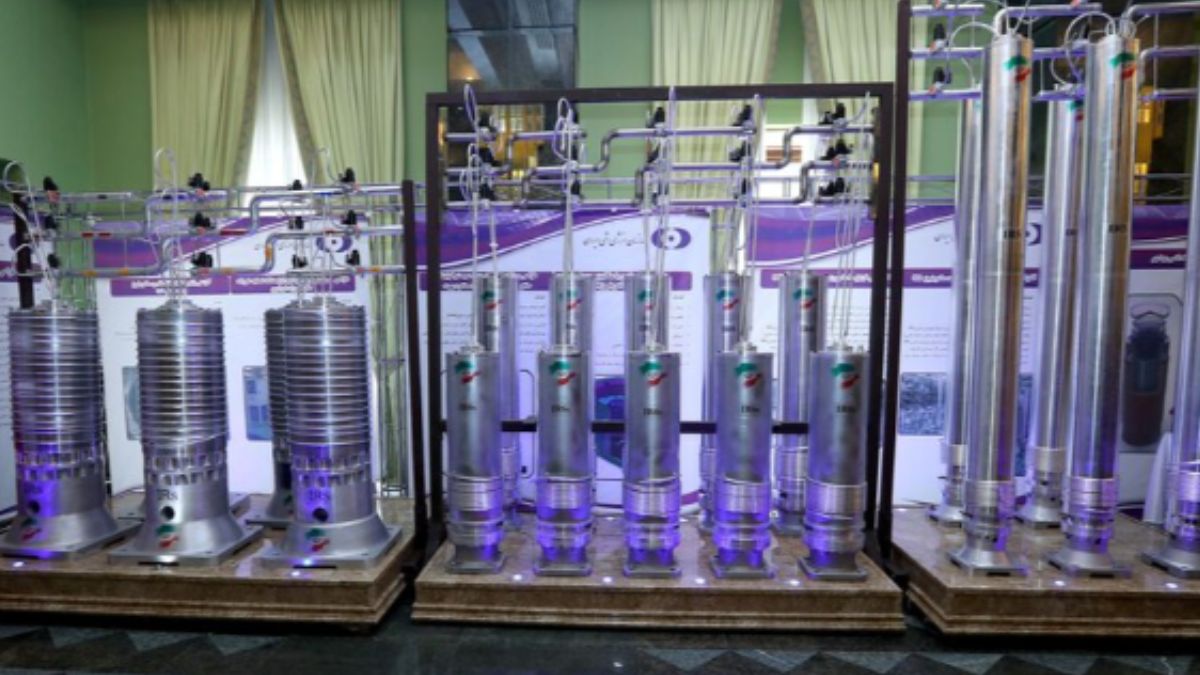Iran is planning a significant increase in the production of highly enriched uranium.
The updated design of Iran’s Fordo nuclear plant would allow the country to produce more than 34 kilograms of uranium enriched to 60 per cent purity each month, up from 4.7 kilograms currently, AFP reported citing a confidential report from the United Nations nuclear watchdog, the International Atomic Energy Agency (IAEA).
Uranium enriched to 60 per cent is a step closer to the 90 per cent level required for nuclear weapons.
Iran maintains that its nuclear program is for peaceful purposes and insists on its right to develop nuclear energy. However, it remains the only non-nuclear-weapon state enriching uranium to 60 per cent purity, according to the IAEA.
IAEA Director General Rafael Grossi, speaking at the Manama Dialogue conference in Bahrain, described Iran’s actions as a “clear message” following its censure by the agency’s board of governors.
“This is a clear response to what they feel is pressure,” Grossi said, adding that the implications of the move “cannot be underestimated.”
Escalating tensions
Iran’s decision comes after it announced plans last month to deploy advanced centrifuges in retaliation for an IAEA resolution criticising its lack of cooperation.
The censure motion, brought by Britain, France, Germany, and the United States, follows a similar resolution passed in June.
The IAEA called on Iran to allow stepped-up inspections to ensure its facilities are not being misused for undeclared purposes. Enhanced oversight is essential to provide “timely and technically credible assurances” that no nuclear material is being diverted, the report said.
Impact Shorts
More ShortsThe shadow of the nuclear deal
The developments come as diplomatic efforts continue to salvage the 2015 nuclear deal between Iran and world powers. The agreement, designed to limit Iran’s nuclear activities in exchange for sanctions relief, unraveled in 2018 after then-President Donald Trump unilaterally withdrew the U.S. and reimposed heavy sanctions on Tehran.
Iran subsequently ramped up its nuclear activities in violation of the accord.
Diplomatic talks resumed last week in Geneva between Iran, Britain, France, and Germany, but tensions remain high, especially with Trump set to return to office in January.
With inputs from AFP
)